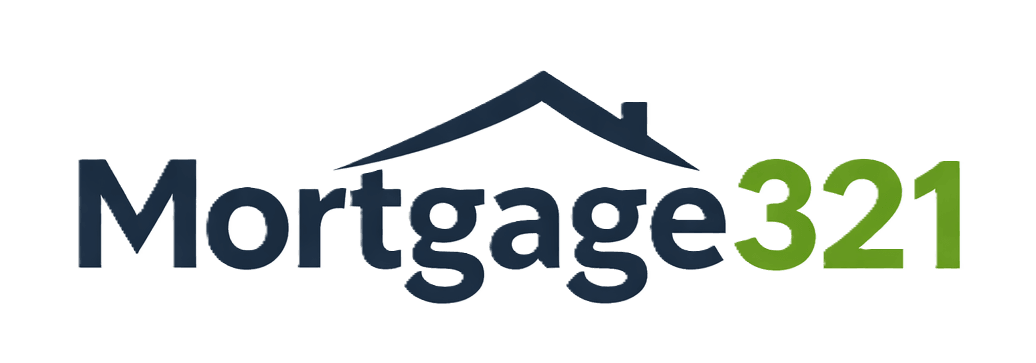Understanding Recent Defaults and Mortgage Eligibility: What Homeowners Need to Know
MP
At Mortgage321, we regularly support clients who find themselves facing unexpected financial pressure—often through no fault of their own. Life events such as relationship breakdowns, income changes, or rising living costs can quickly lead to missed payments, arrears and, in more serious cases, defaulted credit accounts.
A common question we hear is:
“Can I still get a mortgage if I’ve had recent defaults?”
This article explains how lenders view recent credit issues, what steps can strengthen your financial position, and how to approach homeownership when dealing with multiple defaults.
How Lenders Assess Recent Defaults
When a borrower has several defaults recorded within the past six months, this becomes the single biggest factor affecting mortgage eligibility.
Importantly:
- Lenders are not overly concerned with the number of defaults.
- What matters is how recent they are.
- Defaults within the past 3–12 months place an applicant outside lending criteria for most high-street and specialist lenders.
Even strong income and affordability cannot offset very recent adverse credit. Lenders need to see a period of stability before offering a long-term financial commitment.

Why Recent Defaults Are Treated So Seriously
Defaults indicate that commitments were not met for an extended period. Mortgage lenders—especially in today’s cautious environment—must see evidence that financial pressures have eased and that repayment conduct has normalised.
This is why time is the most important factor. As defaults become older, their impact reduces. After 24–36 months, many specialist lenders will start to reconsider applications.
A Practical Way Forward When Recent Defaults Are Present
1. Consider Selling the Current Property
Selling allows you to:
- Repay the existing mortgage,
- Clear any secured loans, and
- Relieve financial pressure.
This resets your position and protects your credit from further deterioration.
2. Resolve Ongoing Personal or Matrimonial Obligations
Financial clarity is important for future mortgage applications. Resolving outstanding commitments early puts you on firmer ground.
3. Avoid Buying Again Immediately
Purchasing another home will likely require:
- A significant deposit (often 30%+), and
- A period for defaults to age.
Trying to buy too soon often leads to declined applications and wasted costs.
4. Rent Locally in the Meantime
Renting is a practical short-term solution:
- It provides stability,
- Reduces pressure, and
- Gives your credit file time to recover naturally.
5. Avoid Entering an IVA
This is a crucial point. An IVA (Individual Voluntary Arrangement):
- Stays on your credit file for six years,
- Severely restricts mortgage options during that entire period,
- Can continue to affect borrowing for years afterwards.
For many clients, an IVA causes far more long-term difficulty than defaults alone.
6. Don’t Rush to Repay Defaulted Debts
Many people assume paying off defaulted accounts immediately will repair their credit. Unfortunately, this isn’t how lenders view it.
A settled default is still a default—the impact only reduces with time, not repayment.
Your money may be better used maintaining stability, avoiding new arrears, and preparing for the future.

Experience, Empathy and Practical Guidance
At Mortgage321, our advice is grounded in:
- Over 30 years of expertise in mortgages and specialist lending,
- First-hand understanding of the pressures debt can bring, and
- Successful support for clients rebuilding their credit profiles.
Every situation is different, and we provide tailored guidance to ensure clients understand their realistic options.
If you’re dealing with recent defaults or financial strain and want to explore your next steps, we’re here to help you move forward confidently.
Mortgage321 — Specialist guidance for complex situations.
Broker Disclaimer
The information in this article is for general guidance only and does not constitute personalised financial advice. Mortgage availability and criteria are subject to change. All mortgage applications are assessed based on individual circumstances, credit history, income and affordability. Fees may be payable depending on the service provided.
